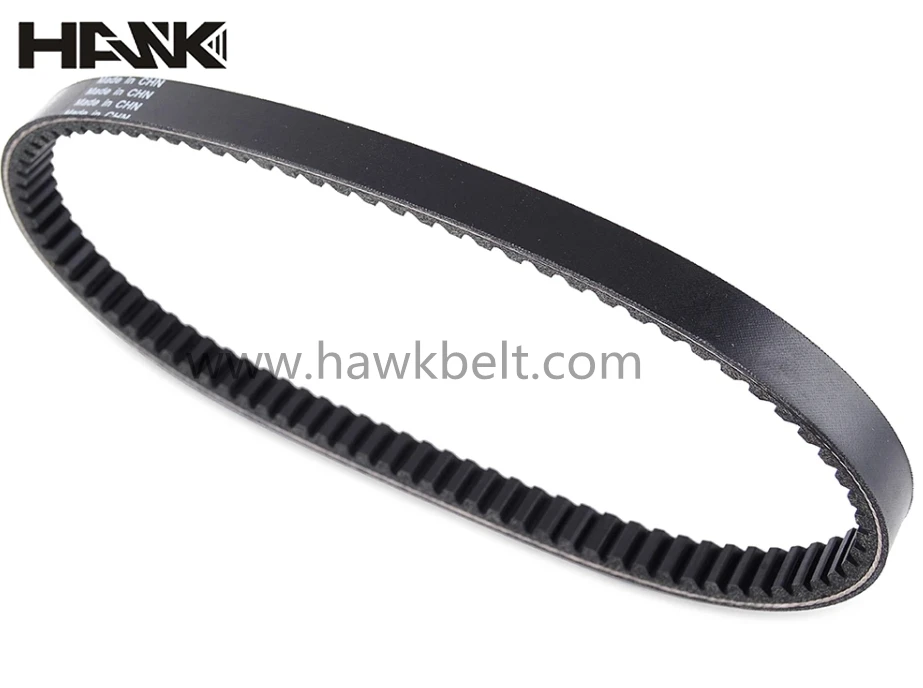- Arabic
- French
- Russian
- Spanish
- Portuguese
- Turkish
- Armenian
- English
- Albanian
- Amharic
- Azerbaijani
- Basque
- Belarusian
- Bengali
- Bosnian
- Bulgarian
- Catalan
- Cebuano
- Corsican
- Croatian
- Czech
- Danish
- Dutch
- Afrikaans
- Esperanto
- Estonian
- Finnish
- Frisian
- Galician
- Georgian
- German
- Greek
- Gujarati
- Haitian Creole
- hausa
- hawaiian
- Hebrew
- Hindi
- Miao
- Hungarian
- Icelandic
- igbo
- Indonesian
- irish
- Italian
- Japanese
- Javanese
- Kannada
- kazakh
- Khmer
- Rwandese
- Korean
- Kurdish
- Kyrgyz
- Lao
- Latin
- Latvian
- Lithuanian
- Luxembourgish
- Macedonian
- Malgashi
- Malay
- Malayalam
- Maltese
- Maori
- Marathi
- Mongolian
- Myanmar
- Nepali
- Norwegian
- Norwegian
- Occitan
- Pashto
- Persian
- Polish
- Punjabi
- Romanian
- Samoan
- Scottish Gaelic
- Serbian
- Sesotho
- Shona
- Sindhi
- Sinhala
- Slovak
- Slovenian
- Somali
- Sundanese
- Swahili
- Swedish
- Tagalog
- Tajik
- Tamil
- Tatar
- Telugu
- Thai
- Turkmen
- Ukrainian
- Urdu
- Uighur
- Uzbek
- Vietnamese
- Welsh
- Bantu
- Yiddish
- Yoruba
- Zulu
Nov . 12, 2024 20:40 Back to list
toothed conveyor belt
The Toothed Conveyor Belt An Essential Component in Modern Industry
In today's fast-paced industrial landscape, efficiency and precision are paramount. One of the unsung heroes of modern manufacturing and logistics is the toothed conveyor belt. Often overlooked, this component plays a vital role in the smooth operation of various industries, from automotive to food processing.
A toothed conveyor belt, also known as a synchronous belt or timing belt, features evenly spaced teeth along its inner surface. These teeth engage with corresponding sprockets or pulleys, allowing for a synchronized movement that ensures accurate positioning and timing. Unlike traditional flat conveyor belts, which may slip or require frequent adjustments, toothed conveyor belts maintain a constant grip, providing reliable performance.
One of the primary advantages of toothed conveyor belts is their ability to handle high loads with precision. The interlocking teeth create a robust connection that reduces slippage, making it ideal for applications that demand constant speed and precision. This feature is particularly beneficial in industries such as automotive manufacturing, where assembly lines operate under strict time constraints. A misaligned belt can lead to delays and increased costs, underscoring the importance of reliability in production processes.
Furthermore, toothed conveyor belts are highly versatile
. They can be made from a variety of materials, including rubber, polyurethane, and various composites, allowing manufacturers to select a belt that meets specific needs such as temperature resistance, chemical resistance, or durability. This adaptability makes them suitable for a wide range of applications, from food packaging to material handling in warehouses.toothed conveyor belt

Another significant benefit of toothed conveyor belts is their energy efficiency. The design of these belts reduces friction and wear, resulting in less energy consumption over time. In an era where sustainability is becoming increasingly important, companies are reevaluating their operations and seeking ways to reduce their carbon footprint. Implementing toothed conveyor belts can be an effective strategy for minimizing energy use and contributing to a greener future.
Maintenance is another consideration when it comes to toothed conveyor belts. While they are designed for longevity, regular maintenance is essential to ensure their optimal performance. This includes checking for wear and tear, ensuring proper tension, and maintaining cleanliness to avoid debris buildup that could affect their operation. By adhering to a regular maintenance schedule, companies can extend the lifespan of their conveyor systems and prevent costly breakdowns.
As automation continues to evolve, toothed conveyor belts are poised to play an even more significant role. With advancements in technology, such as the integration of smart sensors and IoT capabilities, these belts can now provide real-time data on their performance, allowing for predictive maintenance and enhanced efficiency. This integration is set to revolutionize the way industries approach production and logistics, making the toothed conveyor belt an indispensable component in the future of manufacturing.
In conclusion, the toothed conveyor belt is a critical element in modern industry, offering precise, reliable, and efficient performance across various applications. Its ability to handle heavy loads, versatility in material selection, energy efficiency, and potential for integration with advanced technologies make it a valuable asset in the quest for optimal operational efficiency. As industries continue to evolve and adapt, the toothed conveyor belt will undoubtedly remain at the forefront, driving innovation and productivity.
-
Korean Auto Parts Timing Belt 24312-37500 For Hyundai/Kia
NewsMar.07,2025
-
7PK2300 90916-T2024 RIBBED BELT POLY V BELT PK BELT
NewsMar.07,2025
-
Chinese Auto Belt Factory 310-2M-22 For BMW/Mercedes-Benz
NewsMar.07,2025
-
Chinese Auto Belt Factory 310-2M-22 For BMW/Mercedes-Benz
NewsMar.07,2025
-
90916-02660 PK Belt 6PK1680 For Toyota
NewsMar.07,2025
-
drive belt serpentine belt
NewsMar.07,2025

